
Whether you’re an experienced baker or just starting your journey into the world of home baking, choosing the right flour can make a significant difference in the taste, texture, and nutritional value of your baked goods. With more people turning to natural and wholesome ingredients, the demand for organic flour has grown substantially. In this guide, we’ll walk you through how to find the best organic flour for your recipes, highlight options like gluten-free flour and whole wheat flour, and offer helpful baking tips using high-quality organic baking ingredients.

Organic flour is made from grains grown without synthetic pesticides, herbicides, or genetically modified organisms (GMOs). This ensures a cleaner, more natural product that retains more of its nutritional integrity. For those concerned about chemical exposure and environmental impact, choosing organic flour is a meaningful step toward healthier living and sustainable farming.
In addition to being better for the environment, organic flours often have a richer, nuttier flavor and improved texture in baked goods. They are less processed, which helps preserve beneficial nutrients and enzymes. Organic flours often result in baked goods that tastes great. Baking with organic ingredients also helps support agricultural systems that prioritize soil health, biodiversity, and eco-friendly practices. As a result, every batch of cookies or loaf of bread made with organic flour contributes to a larger movement toward responsible food sourcing.
Organic flour is a healthier alternative to traditional flour, offering numerous benefits for both home bakers and professional bakers. Made from high-quality, non-GMO ingredients, organic flour is free from artificial preservatives, colors, and flavors, ensuring a purer product for your baking needs.
One of the standout benefits of organic flour is its potential to reduce the risk of gluten intolerance and sensitivity. For those with gluten-free dietary restrictions, organic gluten-free flour options are a game-changer, allowing you to enjoy your favorite baked goods without compromising on health.
Versatility is another key advantage of organic flour. Whether you’re baking breads, muffins, cakes, or even pizza crust, organic flour can be used in a variety of recipes. Its richer, more complex flavor profile compared to traditional flour results in baked goods that taste great and have a more satisfying texture.
For home bakers, organic flour is perfect for creating healthy and delicious recipes for your family. It’s also an excellent choice for professional bakers who want to offer their customers healthier alternatives to traditional baked goods. Organic flour can easily substitute white flour, whole wheat flour, and all-purpose flour in most recipes, making it a versatile flour for any kitchen.
Choosing organic flour is also a step towards reducing your environmental impact. Made from sustainable and eco-friendly ingredients, organic flour supports responsible farming practices. This not only benefits the planet but also ensures that you’re baking with a product that’s as good for the environment as it is for your health.
Incorporating organic flour into your recipes adds a nutritious and flavorful dimension to your baked goods. Whether you’re a home baker or a professional, organic flour is an excellent choice for creating high-quality, delicious, and health-conscious baked goods.
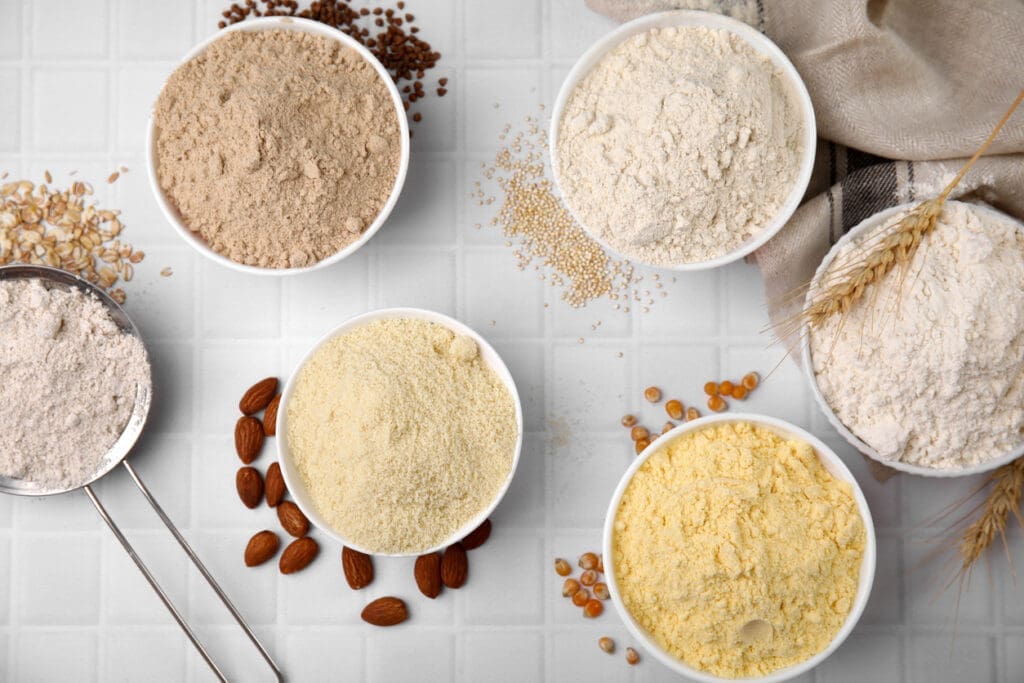
There is no one-size-fits-all when it comes to flour. The best choice depends on what you’re baking and your dietary needs. For instance, whole wheat flour is a go-to for many health-conscious bakers because it includes the bran, germ, and endosperm of the wheat kernel. This gives it a higher fiber and nutrient content compared to refined white flour. It’s perfect for hearty breads, muffins, and rustic baked goods that benefit from a denser structure and a nutty, full-bodied flavor.
All-purpose organic flour is another popular choice for home bakers who want versatility. It works well in a wide range of recipes, from cookies to pancakes, and strikes a good balance between softness and structure. It’s an ideal starting point for those new to organic baking and looking for a dependable, easy-to-use flour option.
For those with gluten sensitivities or dietary preferences, gluten-free flour is essential. There are many organic options made from rice, almond, coconut, buckwheat, and more. Each gluten-free flour behaves differently, so it’s important to choose one that aligns with your specific recipe goals. For best results, many bakers use a gluten-free blend that mimics the consistency and binding properties of traditional wheat flour.
Specialty flours like spelt, einkorn, and rye are gaining popularity for their unique flavors and nutritional benefits. These ancient grains are excellent for artisan-style baking and are often more digestible than modern wheat varieties. They provide distinct textures and complex flavors that make them ideal for rustic loaves, sourdough, and other traditional baked goods.

Switching to organic flour doesn’t mean compromising on performance. Instead, it opens the door to more flavorful and nutrient-dense baking. Allowing your dough to rest or bringing components to room temperature before you bake can significantly enhance the texture and flavor of your baked goods. One of the most effective baking tips is to weigh your flour rather than measuring it by volume. This ensures consistent results and avoids the risk of using too much or too little.
When working with whole grain flours, it’s helpful to adjust hydration. Organic flours, especially those that are whole grain, may absorb more liquid than their refined counterparts. Letting your doughs rest for 20-30 minutes before kneading or baking can help the flour fully hydrate, which improves texture and structure.
Another key to success is experimenting with different flour combinations. Mixing flours like whole wheat and spelt can add complexity to the flavor and improve the nutritional profile of your baked goods. Don’t be afraid to try small batches and tweak recipes to suit your taste and baking style. As always, proper storage is essential—keep your flour in a cool, dry place or airtight container to maintain freshness and prevent spoilage.

The quality of your flour is just one piece of the puzzle. To truly elevate your baking, pair your organic flour with other organic baking ingredients like unrefined sugars, pasture-raised eggs, and organic dairy or plant-based alternatives. These wholesome additions not only boost nutrition but also enhance the overall taste and appeal of your baked goods.
Organic sweeteners such as maple syrup, coconut sugar, or raw honey can be used in place of refined sugars to add natural sweetness and depth. Organic dairy or plant-based milks can offer creaminess and richness without synthetic hormones or additives. Even your leavening agents—like baking powder or yeast—can be sourced from organic options for a completely clean label approach.
Looking for trusted organic certifications and reputable brands is another step toward quality assurance. Seek out labels such as USDA Organic or certifications from independent organizations that verify sustainable farming and ingredient sourcing. Local co-ops, farmers markets, and natural food stores are excellent places to find high-quality, small-batch flours and baking essentials.
Choosing the best organic flour for your baking needs starts with understanding your goals—whether it’s nutrition, flavor, texture, or dietary restrictions. From gluten-free flour options to nutrient-rich whole wheat flour, there’s an organic solution for every baker. With the right baking tips and quality organic baking ingredients, you can take your homemade creations to the next level—naturally and deliciously.
As the demand for organic and eco-conscious products continues to rise, making informed choices in the kitchen becomes even more important. Baking is both an art and a science, and by selecting clean, wholesome ingredients, you’re not only supporting your own health but also contributing to a more sustainable food system.
Happy baking! Want to share your favorite organic flour or recipe? Drop us a comment below!
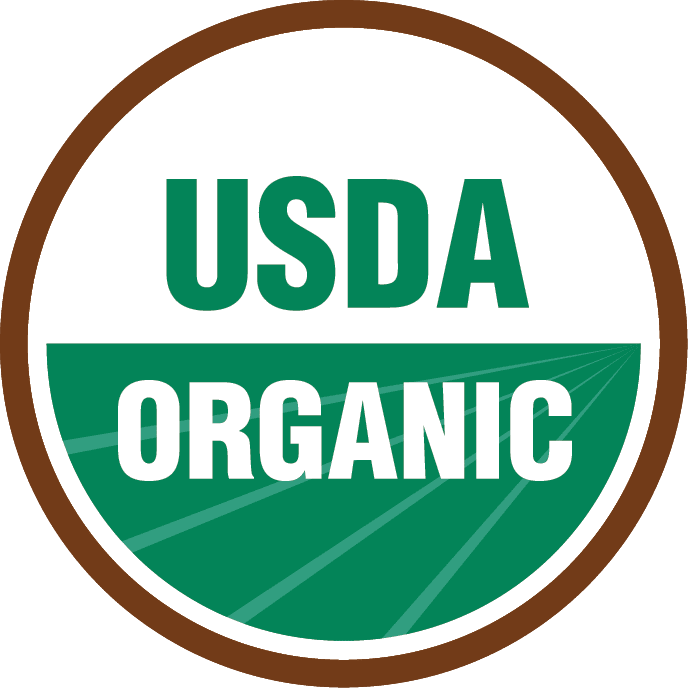
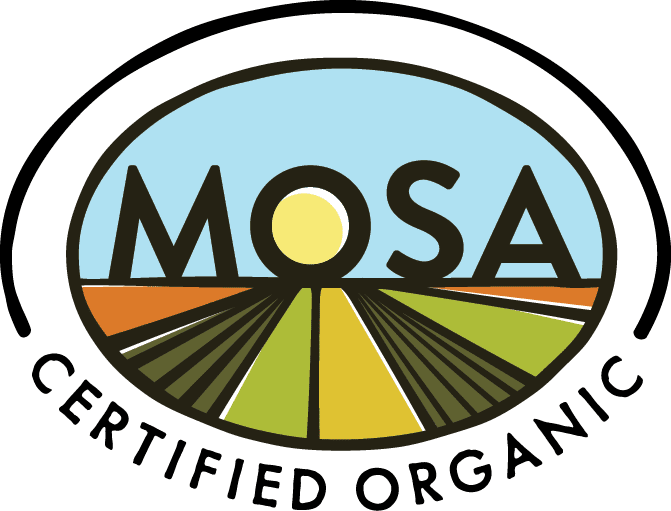


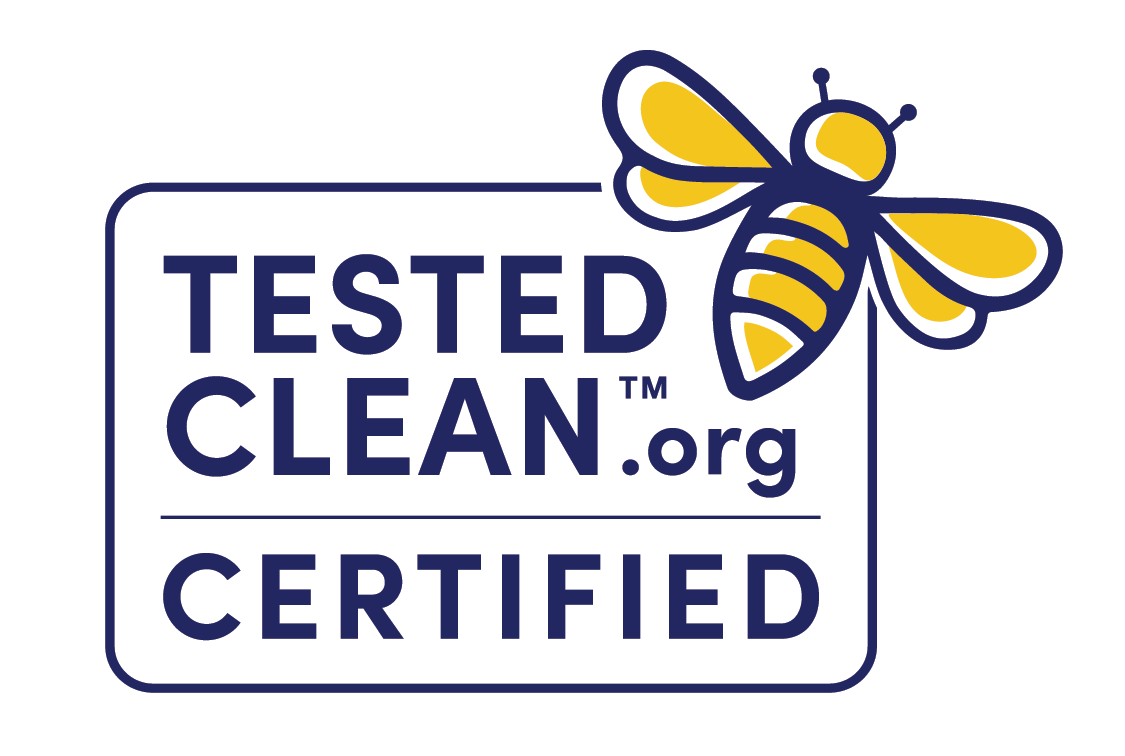
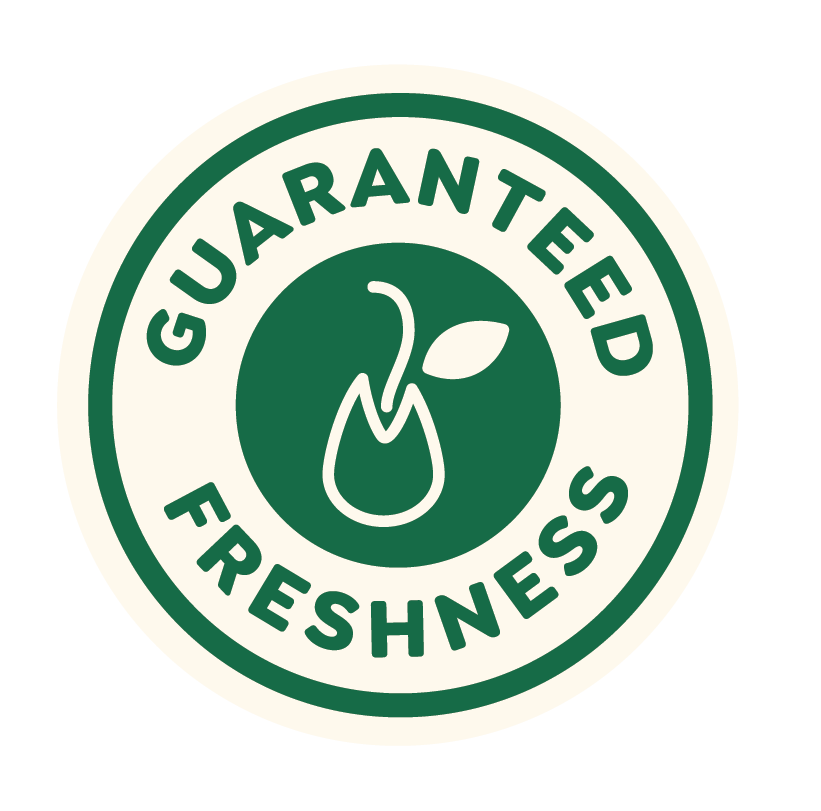
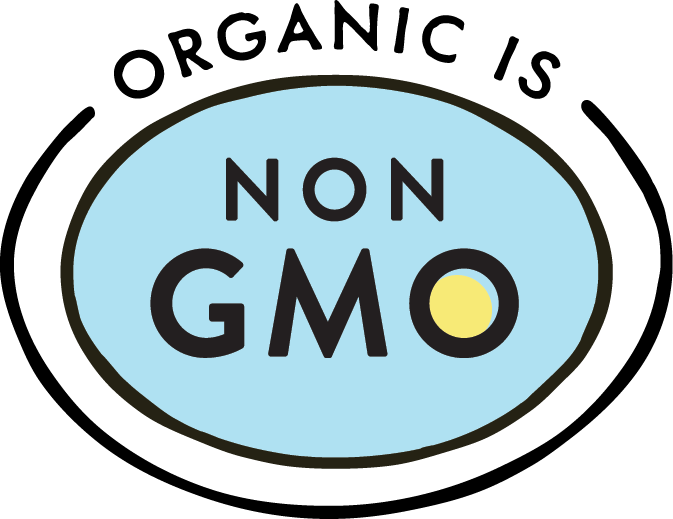
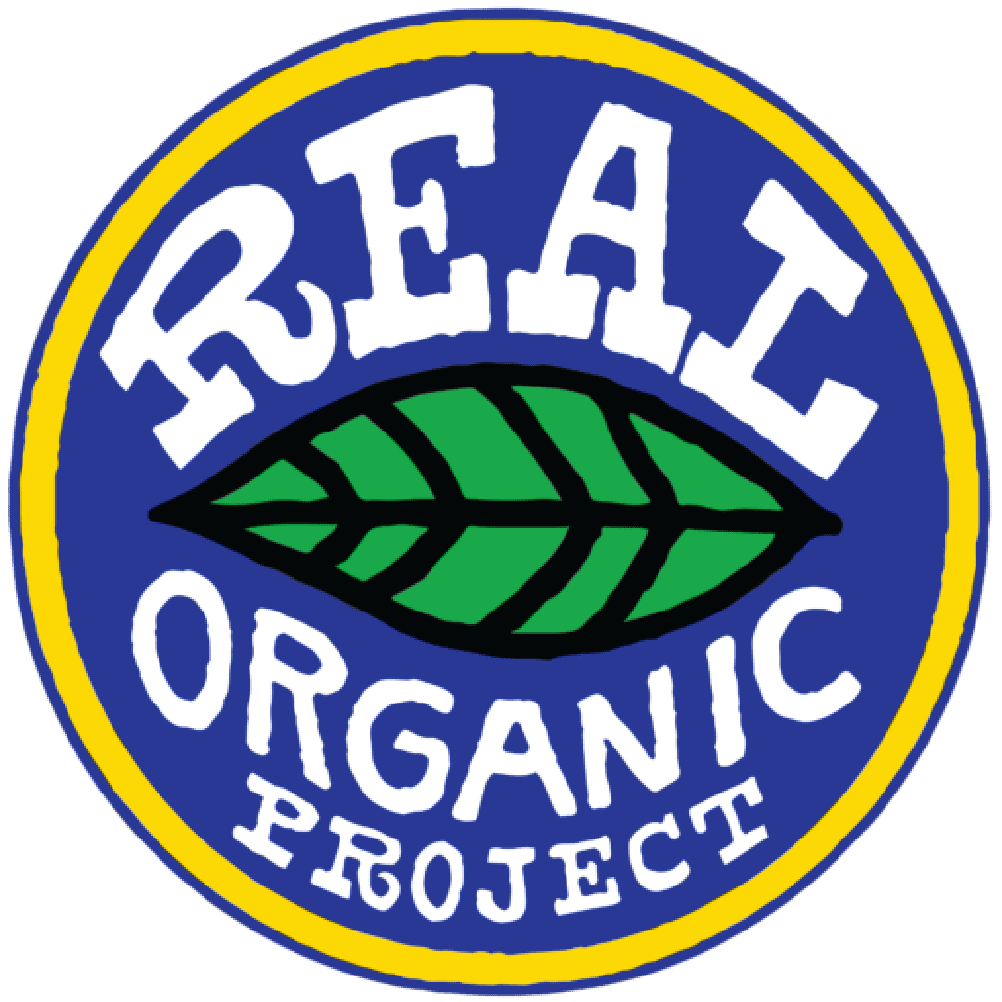
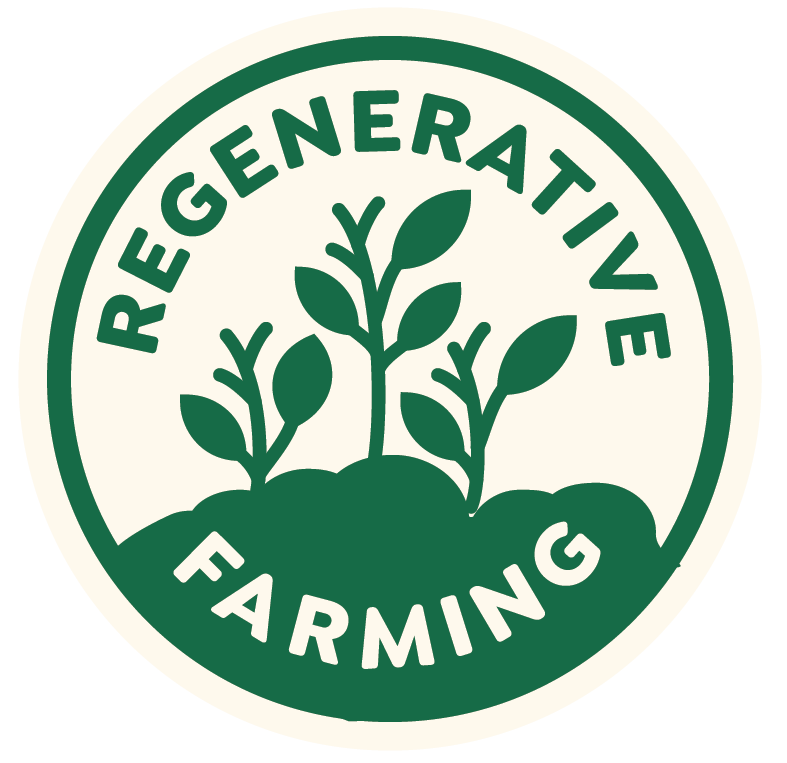
Sign Up for Exclusive Updates, Current Events, Recipes, and Special Offers and more!